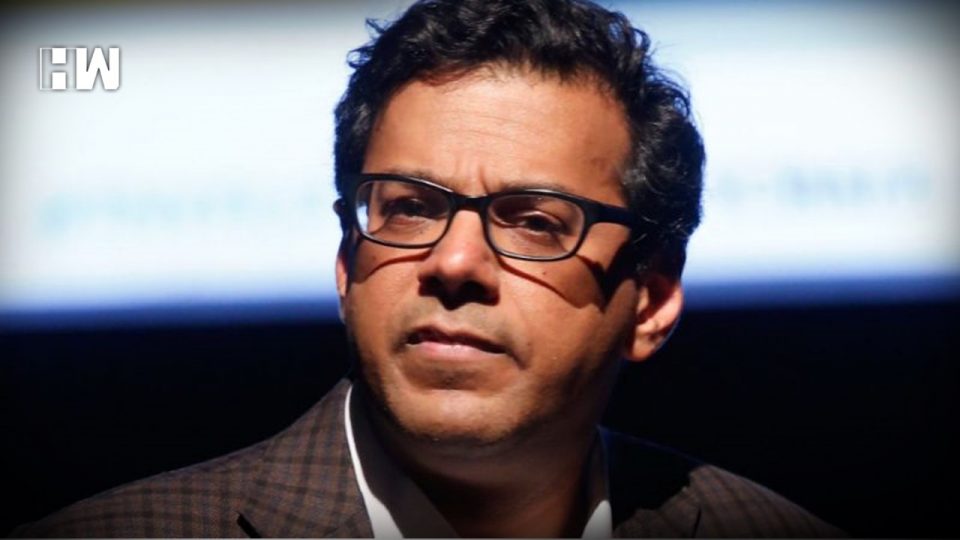Atul Gawande, a leading medical professor who has also criticised his industry’s practices in the past was named as the CEO of Berkshire Hathaway Inc, Amazon.com Inc and JPMorgan Chase & Co’s joint healthcare venture on Wednesday.
This venture will be based out of Boston and will operate free from profit-making incentives, the three companies said in a joint statement.
Berkshire, Amazon and JP Morgan Chase announced in January that they will form a healthcare company with the primary aim of cutting costs for their US employees. The move shook the shares of the healthcare supply chain, including CVS Health and Express Scripts, among others.
Gawande currently practices general and endocrine surgery at Brigham and Women’s Hospital and is a professor at the Harvard TH Chan School of Public Health and Harvard Medical School.
Berkshire Chairman and CEO Warren Buffett, who is working on the venture with Amazon’s Jeff Bezos and JPMorgan’s Jamie Dimon, said all the candidates for the job felt they could deliver better healthcare and contain rising costs of medical expenses.
“Jamie, Jeff and I are confident that we have found in Atul the leader who will get this important job done,” Buffett said in a statement.
Buffett has described US healthcare costs as a “tapeworm” on American businesses, hurting their ability to compete with rivals in other countries. Last month, he said the goal is to challenge the entire healthcare industry, not individual segments.
As an independent media platform, we do not take advertisements from governments and corporate houses. It is you, our readers, who have supported us on our journey to do honest and unbiased journalism. Please contribute, so that we can continue to do the same in future.

